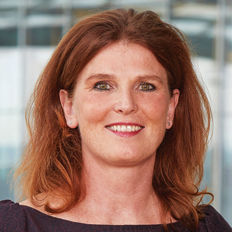
Ever since introducing a 16-euro global distribution system
surcharge in 2015, no legacy airline player has worked harder than Lufthansa
Group to shift corporate travel from traditional GDS distribution to either
direct sales or New Distribution Capability. That strategy took another
decisive leap forward in 2018, when Lufthansa withdrew its lowest economy and
business class fares from the GDSs entirely. "The move caused many
interactions with our corporate customers and the agencies, and therefore we
gave the whole NDC issue another push," said Birlenbach, a management
lifer with Lufthansa since 1990 now running the group's commercial distribution
strategy.
There is no doubt that the initiative achieved this goal.
NDC aggregator Travelfusion, for example, told BTN Group's The Beat that
enquiries from travel management companies about getting connected tripled pretty
much overnight after Lufthansa's announcement about withdrawing certain fares.
But the "interactions" Birlenbach was referring to were by no means
wholly favorable. GDSs and TMCs accused Lufthansa of reducing transparency
because the fare withdrawals left travelers having to use different systems to
book different airlines. Others countered that this wasn't the fault of
Lufthansa but of TMCs overdepending on GDSs and not doing enough to integrate
fares from whichever pipe they come.
Wherever responsibility lies, Lufthansa's move has created
at least a short-term headache for travel managers, who "are coming under
immense pressure because their intermediaries are no longer delivering the best
fares, only surcharges," as CTC Corporate Travel Consulting principal
Joerg Martin put it to BTN.
Birlenbach is convinced that forcing the NDC
issue remains the right thing for Lufthansa to do. "I believe when we look
back in a few years' time that a lot of participants in the industry will say
it was good we pushed this forward," she said.